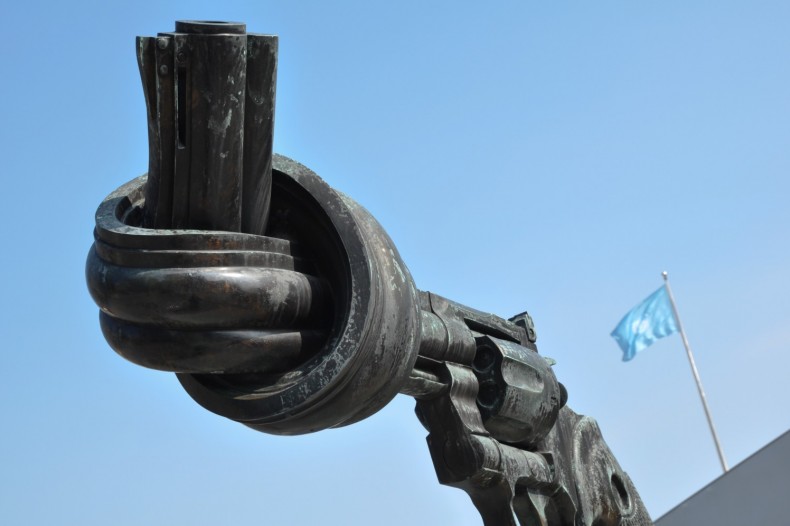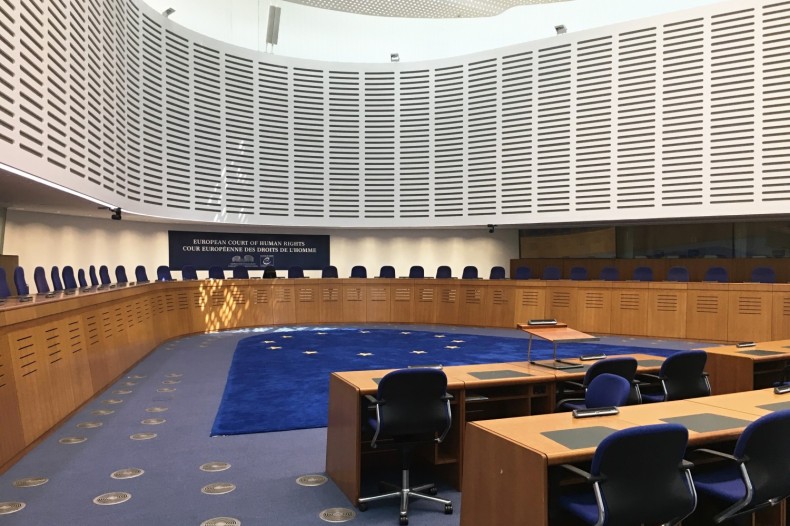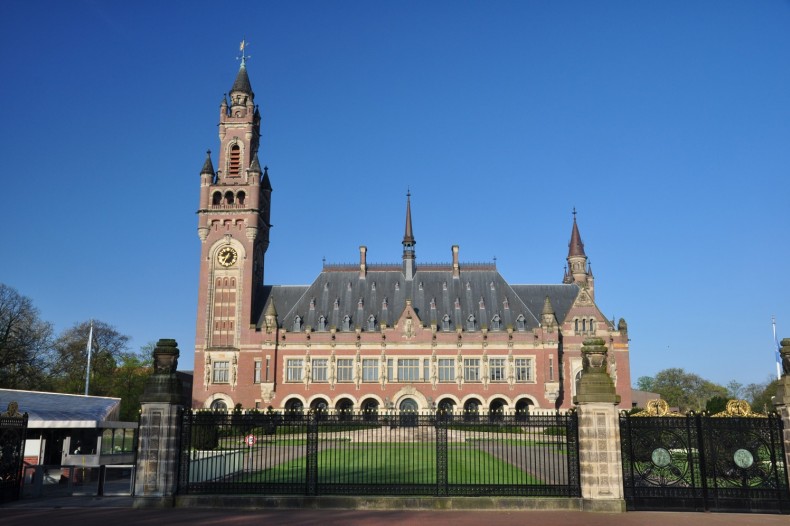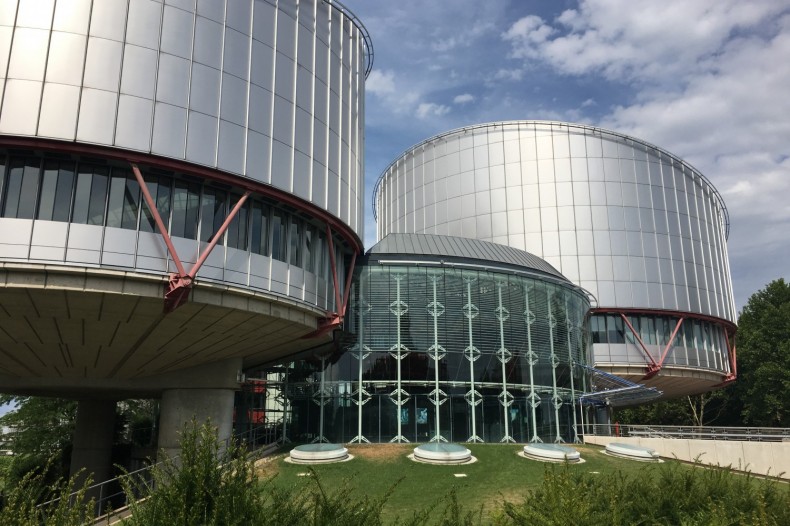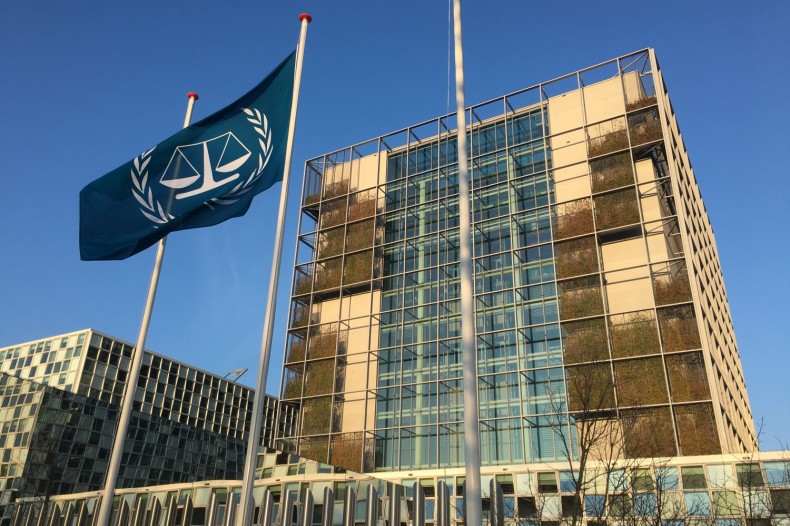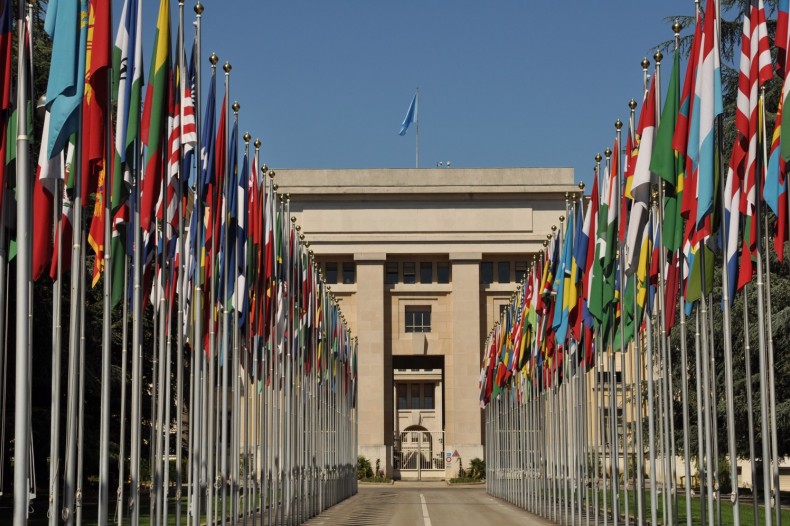Centrum pro lidská práva a demokracii
Nezávislá akademická instituce, která sleduje lidská práva v Česku i ve světě. Centrum vydává měsíční online časopis, pořádá konference a zajišťuje informování o lidských právech.
Some pressing questions regarding the COVID-19 pandemic appeared in the last months. Have the states acted appropriately and reasonably? How did the virus spread? Is it preventable? Were there any successful paths of fighting that we can follow when another pandemic starts to spread? A global commission of inquiry could give us some answers. The World Health Organization has already undertaken steps to investigate the origins of the coronavirus pandemic, including China’s handling of the initial outbreak.
The first stage of the COVID-19 pandemic occurred with every state doing its maximum to protect the people from the spreading disease. Now, after a number of states have started mitigating the measures they had taken, we can see another part of the COVID-19 story unfolding. For all of us, it is the first time we can stop and evaluate the past few months and whether the states acted appropriately.
The United States is currently undergoing changes in its society. However, these changes have been long overdue. Most notably has been a fight to increase police transparency and to better hold police officers accountable for their wrongdoings, leading to an increasing divide between those supporting the protests and those against the protests. Why are the protests occurring and what do they mean for a possible future of the US?
The Start of “Black Lives Matter”
In 2012, George Zimmerman, a captain on a “neighborhood watch” in Sanford, Florida called the authorities with reports of a suspicious person. The authorities clearly informed Zimmerman to stand down, not leave his vehicle and to not approach the person. However, Zimmerman disregarded every single one of these instructions and ended up shooting and killing Trayvon Martin, an unarmed black 17-year-old carrying a bag of skittles and a bottle of juice. Zimmerman was ultimately acquitted of all charges in the case. As of December 4, 2019, Zimmerman filed a $100 million lawsuit against Martin’s parents. The lawsuit accuses prosecutors, Martin’s parents and authorities of witness tampering.
Human trafficking for sexual purposes has become one of the most profitable violations of human rights. There are an estimated 40 million victims of human trafficking, 71% of whom are women. One of the countries with the highest number of victims of sex trafficking is Nigeria. Most Nigerian women leave their homes in hopes of a better future, but in reality become victims of a very organized and sophisticated net of human trafficking and sexual slavery.
The Nigerian wave of immigration to Europe had already begun in the 80s, when mostly women saw a possibility of economic improvement by leaving Africa and moving to Europe. Many of them travelled with false documents and became prostitutes in European cities as finding regular jobs was difficult without legal status in the country. While lying about the reality to their families, many Nigerian families saved and even borrowed money to send other children to Europe as well.
Nutnost legislativního zakotvení problematiky léčitelských služeb je dána zvyšujícím se počtem osob v České republice poskytujících služby v oblasti komplementární a alternativní medicíny. Proto Ministerstvo zdravotnictví ČR připravilo návrh zákona o léčitelských službách a o změně zákona o správních poplatcích.
Návrh zákonné úpravy de lege ferenda by měl reflektovat a upravovat poskytování léčitelských služeb, podmínky jejich poskytování a s tím spojený výkon státní správy v této oblasti v návaznosti na rezoluce Světového zdravotnického shromáždění WHA67.18 z roku 2014 a WHA69.24 z roku 2016, vydaných na základě Strategie WHO pro tradiční medicínu 2014-2023 a Rezoluce 1206 Parlamentního shromáždění Rady Evropy. Zda návrh zákona zachycuje podstatu, po které zástupci alternativní medicíny volali, je však otázkou.
Through constant technological advances, many questions regarding human rights arise. Does artificial intelligence and technology play a role in human rights? If so, does it help to protect human rights or does technology infringe upon them in certain ways?
Artificial Intelligence (AI) is “the capability of a machine to imitate intelligent human behavior.” This can include many forms of technology, including security camera services, computers, phones, etc. On the one hand technology leads to economic growth and new discoveries, however, it is important to also recognize that technological advances have the ability to lead to increased access to personal information of most people in society. For example, the Australian Human Rights Commission fears that both the government and the public in general are behind the speed of technological development; in other words, neither recognizes the full force of technology.
Bulletin si můžete stáhnout zde.
Aktuální vydání Bulletinu lidských práv zahajujeme rozhovorem s Petrem Konůpkou, právníkem Kanceláře vládního zmocněnce pro zastupování ČR před Evropským soudem pro lidská práva. Jak by měl vypadat připravovaný webový portál, který má českým odborníkům ulehčit orientaci v mezinárodních lidskoprávních zdrojích? Jak probíhá implementace rozsudků v ČR? A co zajímavého můžeme očekávat ze Štrasburku v blízké době?
České zástupkyně v Benátské komisi Veronika Bílková a Kateřina Šimáčková přináší zprávu z dvou jarních „nezasedání”, resp. zasedání, která proběhla dálkově. I přesto Komise vyprodukovala celou řadu zajímavých výstupů.
Kancelář veřejného ochránce práv hledá právníka/právničku se schopností lidskoprávní, mezinárodněprávní a ústavněprávní argumentace. Jedná se o pozici na jeden rok, termín pro podání přihlášky do výběrového řízení je 15. července ve 12.00. Více informací najdete zde.

